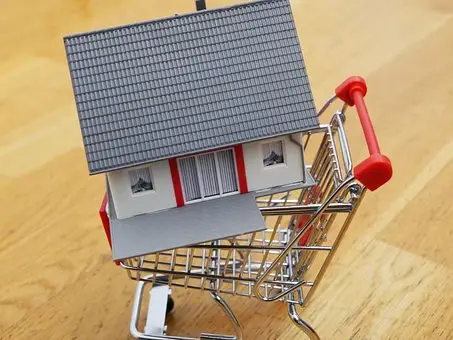Understanding Seller Concessions in a Real Estate Transaction

Understanding Seller Concessions in a Real Estate Transaction
When you’re buying a home, there are probably lots of little details that will affect your final price. From the size of the property to the number of parking spots. Any number of factors could drive up your cost. That’s where seller concessions come in. Concessions are benefits you get from the seller as part of the real estate transaction. They’re not normally listed as part of your closing costs, so they won’t affect things like mortgage or loan-to-value ratio. Since, seller concessions can include anything from cash to help with closing costs to an agreement to pay for some repairs after you move in. Read more about seller concessions below, so you understand them well before moving forward with your real estate transaction.
What is a Seller Concession?
A seller concession is when the seller agrees to provide a benefit to the buyer during the closing process. Simply put, a seller concession is money the seller provides to the buyer. Usually, seller concessions are negotiated during the sale of a property and are part of a contract between the seller and the buyer. Sometimes seller concession might be a specific dollar amount, or it might be a percentage of the sales price. They can also be something like a promise to do repairs after you buy the home. Therefore, seller concessions are not part of the sales price and are often overlooked when buyers try to calculate their closing costs. But seller concessions can still be a significant cost.
How Do Seller Concessions Work?
Seller concessions are often broken down into two categories: concessions affecting the sales price and concessions affecting the closing costs. Concessions affecting the sales price are amounts you’ll pay the seller in addition to the agreed-upon sales price. Meanwhile, concessions affecting the closing costs are amounts the seller will pay for items like broker’s fees, a mortgage fee, or an appraisal fee. These can be commonly used when there is a significant disparity between the sales price of the home and the appraised value. An appraisal is a third-party review of the property’s value, which is used to determine the sales price of the property. Find out how appraisals work.
When You Shouldn’t Expect a Seller Concession
There are some situations where you shouldn’t expect a seller concession. If the property is in poor condition, you probably won’t get a concession. If you’re buying a foreclosure or short sale, you may not get a seller concession either. Be aware that seller concessions are negotiable. So, if you think you’re in a situation where you shouldn’t expect a concession, you can ask for one and see what happens.
Final Words
Seller concessions can be a significant form of help for buyers who are struggling to cover their closing costs. If you’re buying a home, you should be prepared to pay more than the sales price, or at least be ready to negotiate. If you’re selling a home, seller concessions can be a nice benefit for your buyer. You can even provide concessions as a seller to help your buyer with closing costs. They are a great way to help people who couldn’t otherwise afford a home. Just make sure you’re ready to negotiate.

